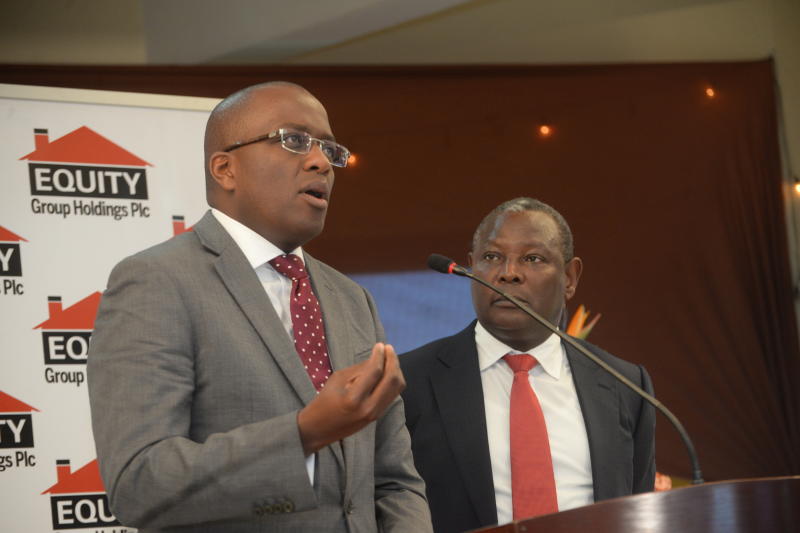×
The Standard e-Paper
Kenya’s Boldest Voice

Commercial banks have defied the interest rate regulations to rake in more billions against a sustained attack on the controls that have cushioned millions of borrowers.
Top bankers announced huge profits contradicting their prior warnings that controlling lending rates would hurt the banking sector.